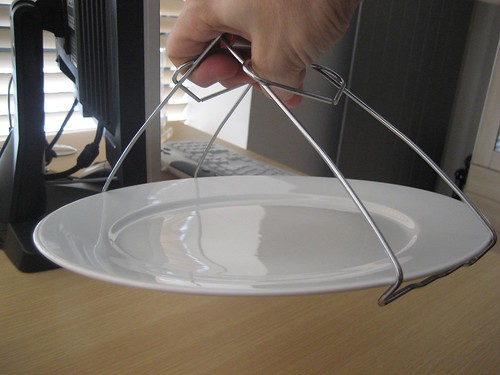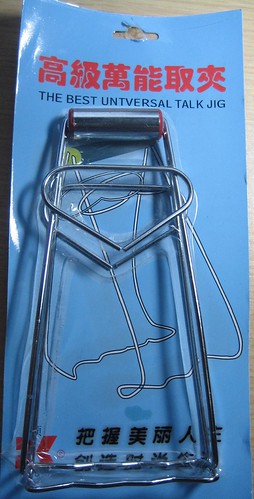Akin to some of the other things I've mentioned, the
Great Firewall seems to serve only one purpose and that is to denigrate China itself.
Expats rail about the fact that sites displeasing to someone (assumed to be one of the reported 10s if not 100s of thousands of young adults hired to 'protect' the other inhabitants of China) cause them to be blocked but it seems odd that no-one in the other echelons might have this thought...
"You know, I can cope with the fact that we permanently block access to loads of sites because they've displeased us
(BBC news is permanently blocked although more newspapers and other news sites from the UK are permanently open), but this inconsistent blocking and unblocking of other sites
(blogspot, typepad, wordpress, wikipedia, google, flickr (why Flickr?)) has no rhyme or reason to it. Perhaps we should just block them permanently or stop blocking them at all as the start/stop nature of the blocking makes us look like incompetent idiots."
The blocking is, quite frankly, pointless anyway as there can't be anyone out there that doesn't know ways to get over, round or through the blocks therefore the only result of the blocking is to irritate people. It doesn't prevent anyone access anything that they 'shouldn't' and the act of the blocking serves to make internet access of international sites as slow as they were in 56k dial-up days.
I'm sure they could undo the firewall in the time it takes to say 'death bus' and the internet wouldn't be all slow and crappy. Oh, and the international media wouldn't lambast China for its lack of freedom to information which, given that anyone can freely access any information that's on the internet anyway, would seem to be a good thing.





